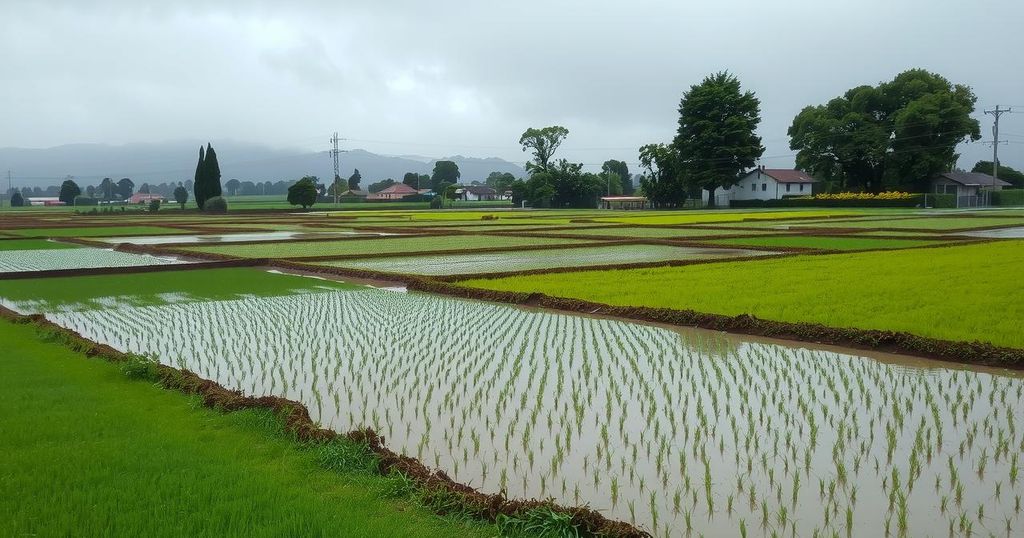Floods Kill at Least 111 as Northern Nigeria Battles Climate Change, Dry Spells and Heavy Rainfall

Flooding in Mokwa, northern Nigeria, has resulted in at least 111 deaths after intense nighttime rains. Authorities warn of a likely increase in fatalities as rescue efforts continue. The floods underscore the region’s struggles with climate change and the need for better disaster preparedness and infrastructure.
Heavy rains flooded Mokwa, a market town in northern Nigeria, leading to at least 111 fatalities, local officials reported on Friday. The area, known for its bustling trade between northern farmers and southern traders, experienced torrential downpours that began before dawn. Authorities are concerned the death toll may rise as rescue operations continue and more information emerges.
Officials from the Nigerian Hydrological Services Agency have yet to provide specific rainfall measurements from Thursday night in Mokwa, located in Niger state about 180 miles west of Abuja, Nigeria’s capital. The flooding has compounded existing challenges in the region, which has been grappling with the dual threats of climate change and dry spells.
This tragic incident highlights the increasing vulnerability of many communities in northern Nigeria to climate-related disasters. The combination of heavy rains and previous dry conditions has created a precarious situation for local farmers and traders thriving in Mokwa. The government is under pressure to address these climate challenges more effectively to prevent future tragedies and manage the growing risks associated with weather extremes.
In the wake of this disaster, survivors and families of the victims are struggling to come to terms with their losses. Local leaders are calling for urgent relief efforts, while they stress the need for a more thorough response to the climate crisis that has led to such devastation. As the situation unfolds, the focus will also be on infrastructure resilience and the provision of necessary aid to those affected.
The recent floods in Mokwa, Nigeria, have resulted in at least 111 confirmed deaths and raise alarms about the region’s vulnerability to climate change. As officials warn that the death toll could increase, the necessity for enhanced flood management and climate adaptation strategies becomes painfully clear. Local communities now not only mourn their losses but urgently need assistance to recover from this disaster and safeguard against future occurrences.
Original Source: www.goskagit.com






